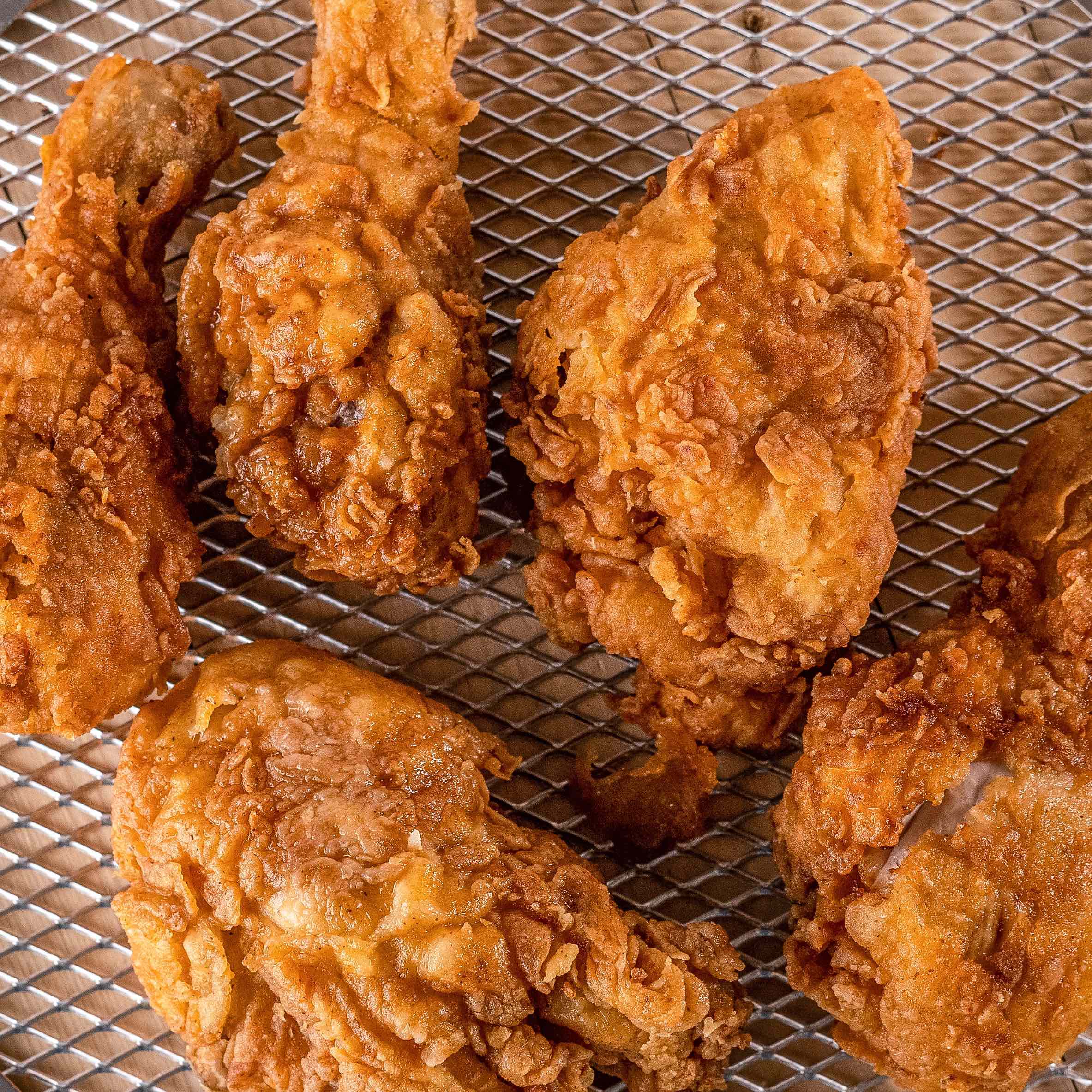Covid created a lot of chaos and sowed a lot of division, but one thing Americans overwhelmingly agreed on was: “We need more fried food!”
The pandemic inspired a lot of big changes in the behavior of Americans. Extra time around the house inspired experiments with homemade sourdough, a lot of alcohol consumption, and a big need for comfort food. The king of comfort food, however, turned out to be fried food. French fries, fried cheese curds, and fried chicken have become pandemic darlings.
In fact, according to the Wall Street Journal, this infatuation with fried food has meant that commercial fryers have been overworked and overused, leading to double the number of repair calls to fix them.
Why We Crave Fried Food
Medical experts might be concerned that people are craving more simple sugar and fat. During a pandemic, a strong immune system is exceptionally important to fighting disease, and a well-balanced diet is a major component of a healthy immune system. Saturated fat can lead to increased cholesterol levels. Cholesterol along with sugars can lead to excessive weight gain. – but we love them anyway.
Our craving for fat and sugars comes from our primitive hardwiring that was meant to prevent starvation in tough times. Because fats and sugars are such dense forms of calories (energy) we were genetically shaped to eat as much of them as possible since food could be scarce and required a great amount of energy (calories) to obtain.
Stress leads to a craving for calorie-dense food. Why? Because stress from famine, stress from war, and stress from simple physical exertion depleted calories. In order to survive these stressful times, it was a matter of survival to find high-calorie food sources and in order for our species to survive. The physical and emotional craving for fats and sugars became an ingenious way to ensure our survival as well as store a bank of calories for more hard times.
People under stress crave the serotonin that comes from eating fried food, simple carbs and sugar. These foods don’t contain serotonin but can trigger the body to create it. Serotonin is important for regulating mood as well as healing wounds. Low levels of serotonin have been connected to depression and anxiety. Serotonin can seem to be part of the emotional antidote for the stresses we’ve all experienced during the pandemic.
Increased Fried Food – by the numbers
Retail analyst NPD Group, recently released a report showing that “Sales of air fryers increased by 76% over the last two years compared to the previous 24-month period…” They also reported that since the pandemic started, over 80% of meals were prepared at home.
The trend in home cooking is mirrored by the trends in the restaurant industry. According to the Wall Street Journal:
“The number of fried foods on restaurant menus in the U.S. rose 5% in the first three quarters of last year, according to market-research service Mintel Menu Insights. Demand for fried-chicken sandwiches has sparked an arms race among restaurateurs, with at least 10 major U.S. fast-food chains including McDonald’s Corp. , Shake Shack Inc. and Jack in the Box Inc. introducing the sandwiches during the pandemic.
Lamb Weston Holdings Inc. , a key supplier of french fries to fast-food chains, says America’s “fry attachment rate” has increased. The measure, which refers to the rate at which consumers add french fries to their orders, rose to 24% of orders from 22% before the pandemic.”
It Hasn’t Been Great for All Businesses
While the increased demand for fried food has been good for the fast-food industry, air-fryer manufacturers, and commercial fryer repairmen, it hasn’t been good for everybody.
Weight Watchers International has complained that fewer customers are seeking to go on a diet. “Online searches for diet programs this January were down 20% from a year ago, which is a big blow to its business…”



Recent Comments